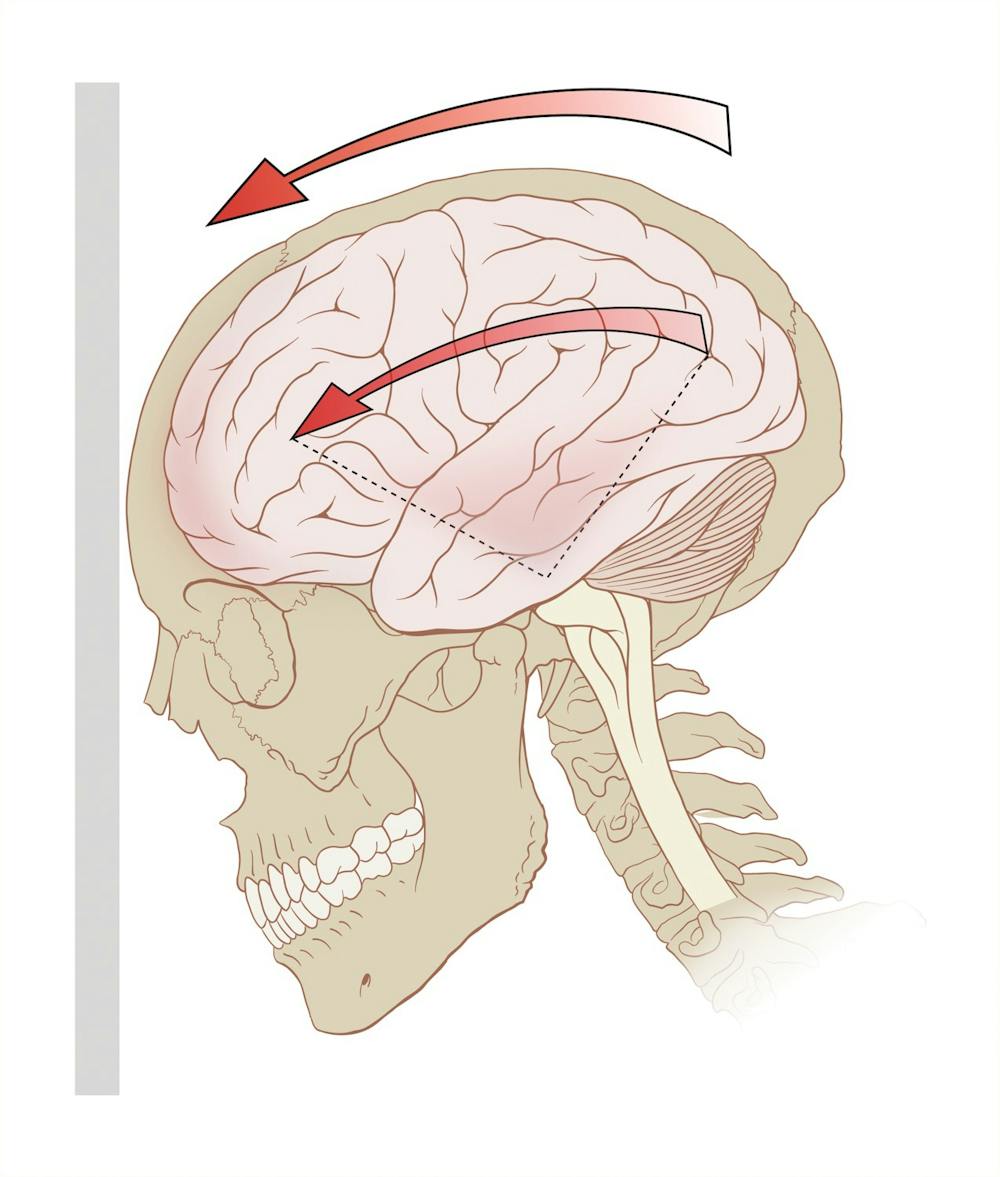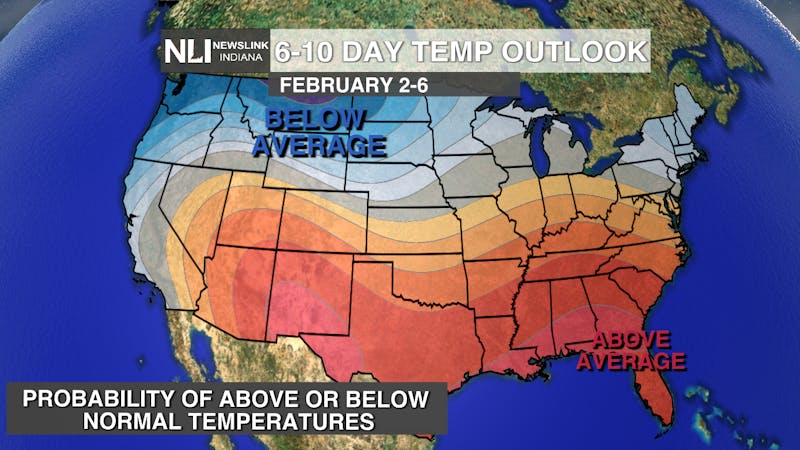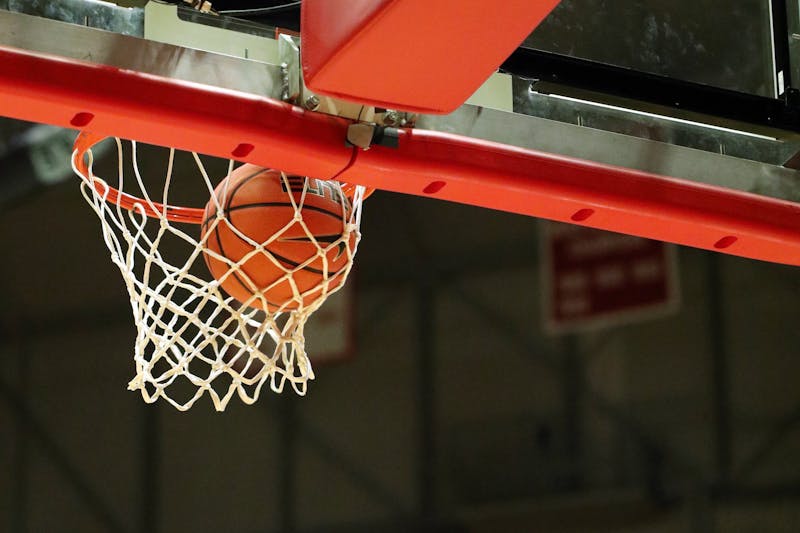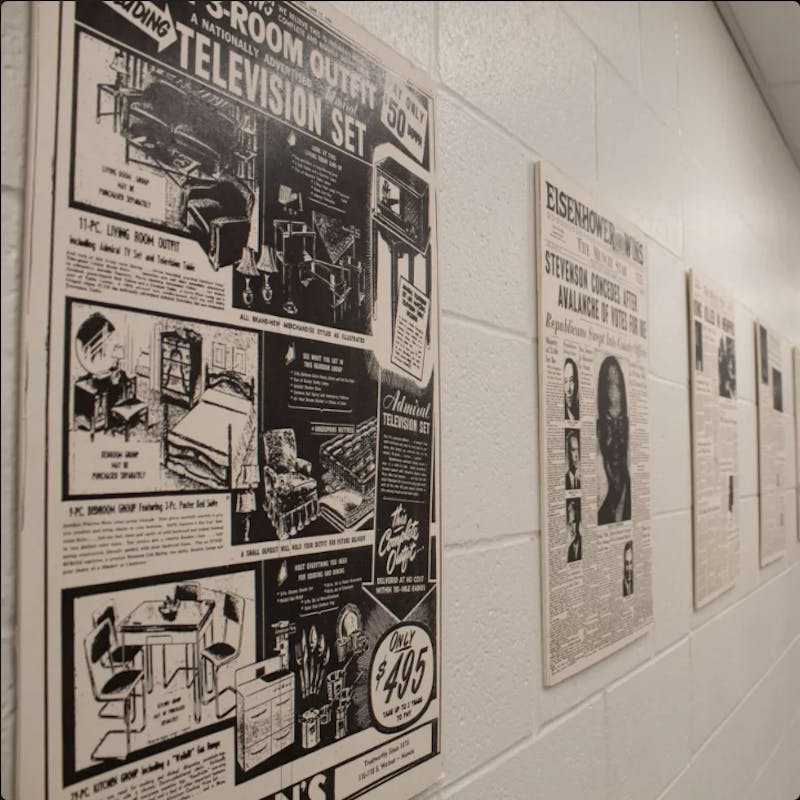
Hannah Gunnell is a senior journalism major and writes “Hannah’s Hindsight” for The Daily News. Her views do not necessarily agree with those of the newspaper.
In September, I hit my head on the edge of the in-ground foam pit while chucking backflips at a gymnastics practice and got a concussion. Having never suffered from a head injury before, I didn’t realize I had one until the next morning. I had a migraine before I went to bed that night, and it didn’t go away for seven weeks.
Most of the time, it felt like a dull headache, but every now and then, I would randomly get sharp pains that felt like somebody smacked me in the back of the head with a book and left me in tears.
Despite experiencing this pain, I didn’t listen to what a lot of people told me to do during recovery, like staying off computers. Here are seven things I learned while dealing with a concussion that will hopefully help you avoid the mistakes I made.
1. A concussion is when the brain has a bruise.
This might seem like a given, but I actually didn’t know this when I received my diagnosis. Symptoms of this bruise include headaches, migraines, confusion, temporary or permanent loss of memory, dizziness, nausea, vomiting, fatigue, blurriness of vision, slurred speech and even problems with motor skills.
2. Make sure to tell your hairstylist.
I forgot to tell the hairstylist I had a concussion, so she hacked away at the tangles in my hair and made the migraine hurt much worse. Telling the stylist about your concussion, or even just a regular headache, will change the way they brush your hair, as many stylists are taught alternatives to hacking away at tangles. Additionally, detangling spray and a wet brush are the best investment for a person with a concussion and long hair, as they make the hair much easier to brush.
3. Seriously, no computers.
This has to do with the LED lights common in most computers. LED lights contain a bunch of blue light, which is bad for anyone’s eyes if they are overexposed to it, according to preventblindness.org. My concussion affected my vision just enough that looking at most kind of lights aggravated my migraine, so, naturally, looking at computers hurt worse than anything else. Of course, because all my homework is online, avoiding computers was impossible. To help with the pain, I changed the light settings on my computer screen to only show warmer tones. Depending on the type of computer you have, you should be able to enter the screen settings on your computer and adjust the type of light that your screen puts off. Basically, I made my computer screen orange-hued, and it helped.
4. Wear earplugs at a rock concert.
I shouldn’t have gone to a concert at all, but I had very expensive tickets to a three-day music festival that were purchased back in April and were non-refundable. Also, all my favorite bands were there, along with a few bands I had never seen before. So, of course I went, and I had such a blast. Strangers I talked to called me a dedicated metalhead because I actually put myself in danger of receiving brain damage by going to the festival. Loud noise is not great for resting the brain, but earplugs greatly reduced the noise level and helped with the pain. The stage was outside, and that helped too because I could get away from the loudness when my migraine got bad. The earplugs didn’t diminish my experience at all — it was actually the fact that I couldn’t headbang that made me mad.
5. Eat protein.
Protein contains a ton of amino acids your brain needs to repair itself and function properly. Increasing your protein intake can improve cognitive function damaged by the concussion, according to the Headway Foundation. This means it could also reduce the recovery time. Protein is most commonly found in meat, fish, eggs, nuts and yogurt.
6. Excedrin causes rebound headaches.
Excedrin is a popular over-the-counter medicine used to alleviate migraines. It contains 250 milligrams of acetaminophen, 250 grams of ibuprofen and 15 grams of caffeine, making it a highly addictive drug. If you take it every day and then stop taking it, you can experience rebound headaches, which are headaches caused from the lack of medicine in your system. This can prolong concussion symptoms.
7. Psychosomatic pain is a thing.
Psychosomatic pain is physical pain caused by emotional distress rather than a physical ailment, according to the American Psychological Association. My concussion symptoms lasted so long because I was stressed out and actually experiencing migraines from the stress of having a concussion rather than my brain’s actual bruise.
Concussions are preventable if you take precautions to avoid head injuries. Wear a helmet when you play a rough sport, or, in my case, have someone help you when you’re afraid to chuck a flip. If you think you may have a concussion, go see a doctor right away. The longer you wait, the worse it gets.
Contact Hannah Gunnell with comments at hrgunnell@bsu.edu or on Twitter @hagunnellNEWS.





The Daily News welcomes thoughtful discussion on all of our stories, but please keep comments civil and on-topic. Read our full guidelines here.